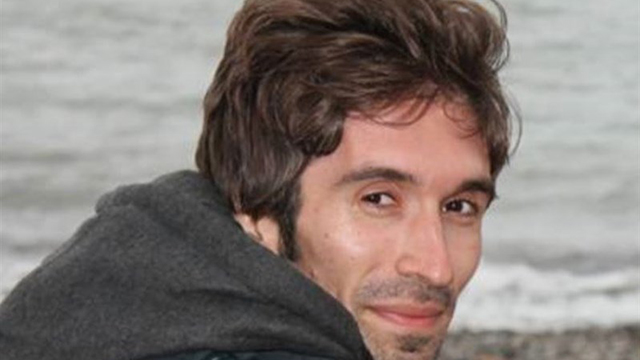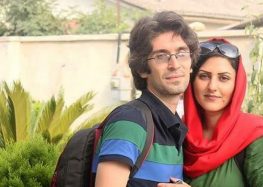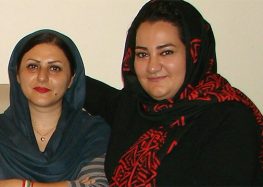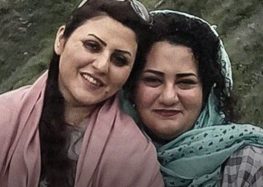Revolutionary Guards Seeking “Revenge” by Blocking Political Prisoner’s Hospitalization

Iran’s Revolutionary Guards are preventing the hospitalization of political prisoner Arash Sadeghi, who needs urgent medical treatment for the effects of his prolonged hunger strike, an informed source told the Center for Human Rights in Iran (CHRI).
“Arash Sadeghi is bleeding in the stomach and intestines and his kidneys are not working properly. He can hardly eat and he’s getting weaker every day,” said the source on March 3, 2017. “[Evin] Prison doctors have said that he should be hospitalized and get the treatment he needs.”
“It was a direct order from the Islamic Revolutionary Guards Corps (IRGC),” added the source. “The judicial officials themselves have said the IRGC has to give permission (for Sadeghi’s hospitalization).”
“The IRGC want their revenge from Arash. They don’t want him to become a role model for other prisoners,” continued the source. “They were really angry about his hunger strike and that’s why they have prevented his hospitalization, despite the prosecutor’s approval,” said the source.
“Even his IRGC interrogator said, ‘We will not let you turn into a hero with your hunger strike or else every prisoner will think he can put us under pressure by faking a hunger strike,’” added the source.
“On one occasion (February 6), he was transferred to Imam Khomeini Hospital in Tehran, but that same day he was suddenly returned to prison and was not allowed to receive treatment,” said the source.
Political prisoners in Iran are singled out for harsh treatment, which often includes denial of medical care.
Arash Sadeghi, a 31-year-old civil rights activist, went on a 71-day hunger strike from October 24, 2016 to January 3, 2017 to protest the unjust incarceration of his wife, Golrokh Ebrahimi Iraee.
An accountant with no previous criminal record, Iraee was sentenced to six years in prison in March 2016 for writing an unpublished fantastical story about the practice of stoning in Iran and for the content of some of her personal Facebook posts.
On June 7, 2016 Sadeghi began serving a 15-year prison sentence for “assembly and collusion against national security,” “propaganda against the state,” “spreading lies in cyberspace,” and “insulting the founder of the Islamic Republic” for engaging in peaceful civil rights activism.
He is also demanding a reduction of his sentence to seven and a half years in accordance with Article 134 of Iran’s Islamic Penal Code, which grants judges the authority to reduce prison terms to only the longest sentence in convictions involving multiple charges.
Sadeghi and Iraee were arrested on September 6, 2014 with their friends Navid Kamran and Behnam Mousivand at the couple’s stationary store in Tehran by agents of the Revolutionary Guards’ Sarallah Headquarters.
Kamran and Mousivand were issued one-year prison sentences for “propaganda against the state.”
Sadeghi’s hunger strike became the number one trending topic on Twitter on December 20, 2016. More than half a million people tweeted their support for his cause using the #SaveArash hashtag, according to CHRI’s research.





